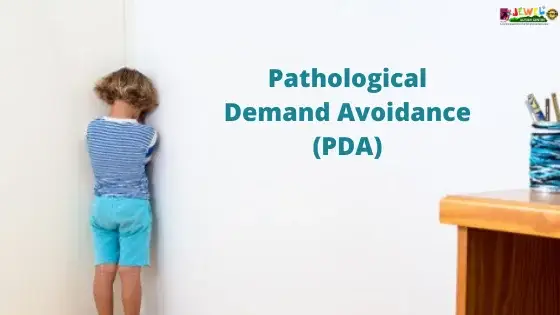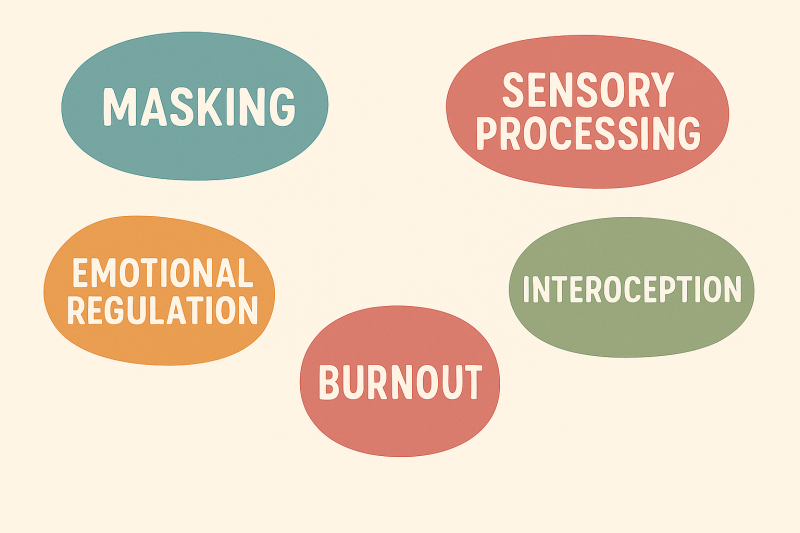Supporting Neurodivergent Children through Play Therapy
Every child experiences and expresses emotions in their own unique way. For neurodivergent children, including those with autism, ADHD, or sensory processing differences, understanding and sharing feelings can sometimes be more complex. Traditional “talking” approaches do not always meet these children where they are.
Play therapy offers a different way. Through the safety of play, children can explore emotions, connect with others, and build important self-regulation skills. They can do this all within a space that feels natural, motivating, and free from judgement.


Emotional Regulation through Play
In the playroom, emotions can take shape. A dollhouse argument, a storm made of blocks, or a quiet corner with sand or paint all become ways to express what words might not. By externalising difficulties, children can show what feels too big or confusing to say.
With the therapist’s support, play becomes a way to label emotions and build emotional vocabulary. Over time, children begin to recognise and name feelings such as frustration, worry, or sadness. From this awareness, they can learn gentle self-soothing and coping strategies that help them regulate emotions both in the playroom and beyond.
Developing Self-Control and Managing Impulsivity
Many neurodivergent children find waiting, sharing, or stopping an activity challenging, not because they are unwilling, but because their developing brains process impulses differently. Play therapy offers a structured, consistent space where these skills can develop safely.
Games that involve taking turns or delaying gratification allow children to practise waiting and tolerating frustration in small, achievable ways. The therapist helps the child to build internal awareness to notice what is happening inside them and begin to make choices about how to respond. These moments of reflection are small but powerful steps towards greater self-control and emotional awareness.


Building Relationship Skills
Relationships can be difficult for some neurodivergent children, especially in busy or unpredictable environments. In play therapy, relationships are explored gently, through shared play, role play, and imaginative storytelling.
The therapist models empathy and curiosity, supporting the child to practise perspective-taking and experience the joy of being understood. Over time, this builds trust and attachment, helping the child to generalise these skills to relationships outside the playroom. Successes in play whether mastering a challenge or sharing an idea contributes to growing self-esteem and confidence.
A Space for Growth, Not Change
Play therapy is not about trying to “fix” or “cure” neurodivergence and I genuinely believe it never should be. Every child’s way of experiencing and responding to the world is unique and valuable in its own right. Instead, play therapy creates a space where that individuality is honoured and celebrated. It offers children the freedom to explore emotions and behaviours in a way that feels safe, natural, and meaningful for them.
Within this space, children can begin to understand themselves more deeply, find ways to manage strong feelings, and build confidence in who they are. Over time, they often grow in self-awareness, patience, and resilience — important steps toward emotional wellbeing.
At the heart of my work is helping each child feel truly seen, accepted, and supported as they find their own pace and path through the world.
P.S. Many parents worry if their child can access Play Therapy if they don't play in the typical way.
DON'T WORRY- they do not need to play in a certain way or have a vivid imagination as play therapy meets each child exactly where they are and celebrates their unique way of playing.
Add comment
Comments